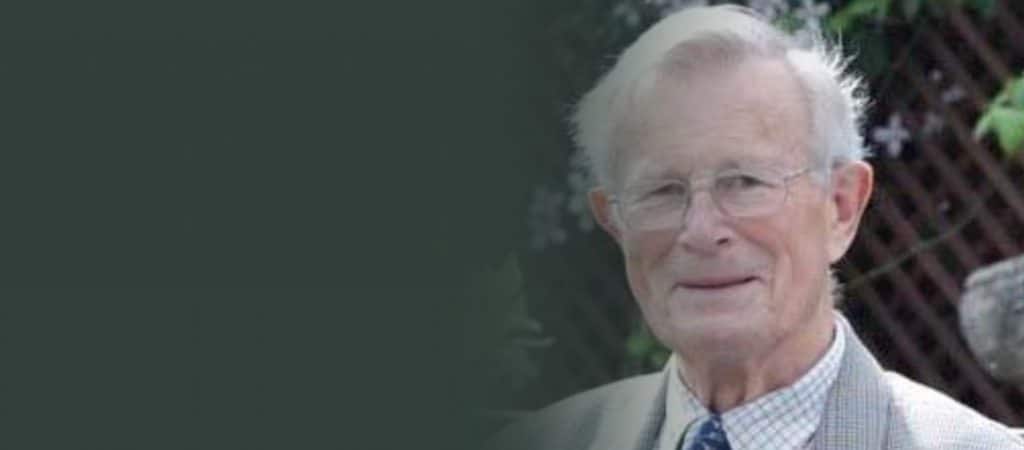Born in 1956, Peter Michael Ainsworth was the son of Lieutenant Commander Michael Ainsworth, a naval officer; his mother had been a Wren.
After the navy Michael Ainsworth taught cricket part-time at Bradfield College in Berkshire and it was there that his son went to school, leaving to read English at Lincoln College, Oxford. Throughout his life, one of Ainsworth’s greatest pleasures would be literature. His ability to quote TS Eliot’s Little Gidding — “History is now and England” was a favourite line — or to discuss the worth of Shelley was matched by his avidity in discovering new works, which he would buy in independent bookshops, abjuring Amazon. He also wrote poetry, a volume of which will be published shortly.
Ainsworth’s Oxford years coincided with the dismal period in British history that culminated in the Winter of Discontent…Students, however, did not see life as so bleak and Ainsworth’s last year was enhanced by meeting Claire Burnett; the couple married in 1981 and would have three children: Imo works in sustainability in local government in Colorado, Olivia is a doctor and Benny an actor.
After Oxford both Ainsworth and Burnett went into the City, where Ainsworth’s ease of manner helped him to succeed as a corporate banker, working for Laing & Cruickshank Investment Management and SG Warburg Securities, both later acquired by UBS. This was the time of the liberalisation known as the Big Bang, when, as Ainsworth remembered: “American companies began buying out British finance firms — merchant banks, stockbroking firms and so on, which are old-fashioned terms now — and then pulverising them.” Believing that the City should not operate in a moral vacuum, he was uncomfortable to see colleagues “spending more time negotiating fees than they did thinking about what they could do for their clients . . . I’m quite pleased I didn’t stay”.
Having already served as a councillor for the London borough of Wandsworth, he turned his thoughts to becoming an MP. Fully expecting to spend his first general election fighting an unwinnable seat, he was instead selected to the safe Tory constituency of East Surrey, previously occupied by the former chancellor Sir Geoffrey Howe. In 1992 he was elected with a majority of 17,656.
In the Commons Ainsworth promoted environmental causes, notably hedgerow protection, and saw the urgency of acting against climate change. In 1996 he entered the whips’ office, a role that he enjoyed because of the contact it gave him with fellow MPs, and, after the Conservatives’ defeat at the hands of Tony Blair, was an appropriate choice as Shadow Culture Secretary. Then, as Shadow Environment Secretary, he tried to rebrand his party as one that cared about the planet.
Leaving politics, Ainsworth felt he could effect more change through the voluntary sector and occupied a series of often unpaid positions, all of which played to his strengths. As chairman of the Big Lottery from 2011 to 2019 he delighted in directing money to people and organisations who were achieving positive results for their communities… As chairman of Plantlife, a charity for wildflowers and meadows, he helped a small and focused body maximise its media reach. He was also chairman of the Churches Conservation Trust, caring for churches at risk, which spoke to his love of English history and culture; he helped it through the pandemic when the churches were closed.
Immensely gregarious, Ainsworth will be remembered as a Technicolor personality, always energetic on behalf of the things that he loved and found moving: a man of emotion, for whom poetry or stories of First World War heroism quickly brought tears to his eyes.
A superb mimic, he once struck fear into a friend’s household, after a grass snake had accidentally been killed by a lawn mower, by pretending to be an RSPCA inspector.
Peter Ainsworth was born on November 16 1956 and died on April 6 2021, aged 64.
The full obituary appeared on The Times website on April 15 2021 and can be accessed here.





